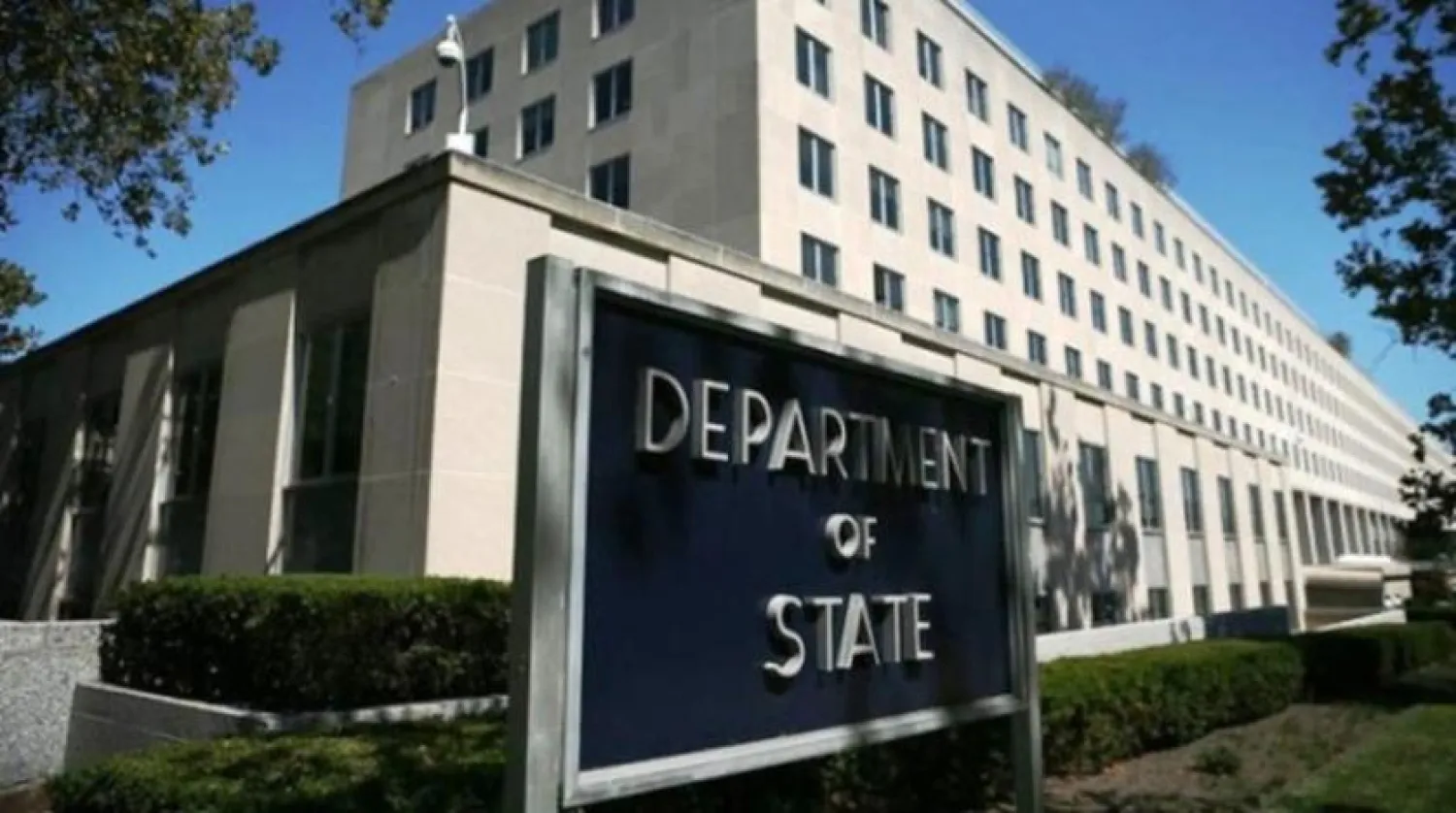The US has reaffirmed its “steadfast” position in supporting Saudi Arabia in the face of any threats, stressing that it will continue to provide the necessary defensive means to the Kingdom to defend its territories against any cross-border attacks.
A US State Department official told Asharq Al-Awsat that the recent arms sales deal approved by the US administration on November 4 comes as part of President Joe Biden’s pledge to enhance Saudi Arabia’s possession of the necessary means to defend itself.
Speaking under the condition of anonymity, the source stated that the arms deal includes the purchase of up to 280 air-to-air missiles at a total cost of $650 million.
“This deal is to renew Saudi Arabia’s current stockpile of air-to-air defensive missiles while ensuring that it has the means to defend itself against the increasing number of air attacks on its territory by the Iran-backed Houthi group and from elsewhere in the region,” they noted.
Although Saudi Arabia has succeeded in responding to more than 375 cross-border attacks since the beginning of 2021, the assaults remain a matter of concern that threatens residents’ and civilians’ security.
The source also noted that more than 70,000 US citizens reside in Saudi Arabia.
Before the Senate voted on a resolution that would have barred the sale of arms to Saudi Arabia last Tuesday, the White House confirmed the US administration’s strong opposition to the ban and stressed that the November arms deal does not include missiles for engaging with ground targets.
Instead, the deal ensures boosting Saudi Arabia’s defense capacity against aerial cross-border attacks such as those carried out by explosive-laden drones launched by Houthi militias in Yemen.
In a statement, the Biden administration confirmed its dedication to diplomatic leadership to end the Yemen conflict.
Nevertheless, it also said it was committed to the security and protection of Saudi Arabia by ensuring the Kingdom has the means to defend itself from attacks staged by Iran-backed Houthi militias.
Republican Rand Paul had introduced the bill for blocking the transfer of weapons to the Kingdom. It would have “undermined Biden’s commitment to aiding the defenses of an ally such as at a time of increasing missile and drone attacks against civilians in Saudi Arabia.”
US legislators have shown a change of heart towards the arms deal, especially Democrats who long opposed such sales to Saudi Arabia. They now have supported the agreement, with two-thirds of the Senate backing it while moving toward the diplomatic track to end Yemen’s crisis.
Some Congress members went as far as sharply criticizing their colleagues for seeking to block the arms deal, noting that Houthi attacks on Saudi Arabia target a partner and strategic ally of the US in the region.
The chamber on Tuesday voted 67 to 30 against the resolution.
When speaking on the Senate floor, those opposing the bill to ban the arms sales referred to the multitude of diplomatic measures the Saudi and Yemeni governments had offered for a ceasefire in Yemen. Those offers were met by Houthi insistence on military escalation that disregards the demands of Yemenis and protracts their suffering.
Moreover, Saudi diplomacy in Washington had the effect of changing some of the “hardened positions” of some US legislators.
“There’s no denying that the Houthis have been deploying increasingly more sophisticated weapons, particularly armed aerial drones, to target civilian populations in Saudi Arabia,” said Senate Foreign Relations Chair Bob Menendez ahead of the vote.
“Saudi Arabia is literally surrounded by violent threats conceived, funded and orchestrated by Iran,” Senate Minority Leader Mitch McConnell said.
“A vote to block the sale of defensive military systems to Saudi Arabia would undermine one of our most important regional partners,” he added.
Many media outlets have confirmed US officials strongly supporting the deal and calling on Biden to change his stance towards the war in Yemen and support Saudi Arabia and the Yemeni government to prevent Yemen’s northern Marib Governorate from falling into the hands of Houthis.









